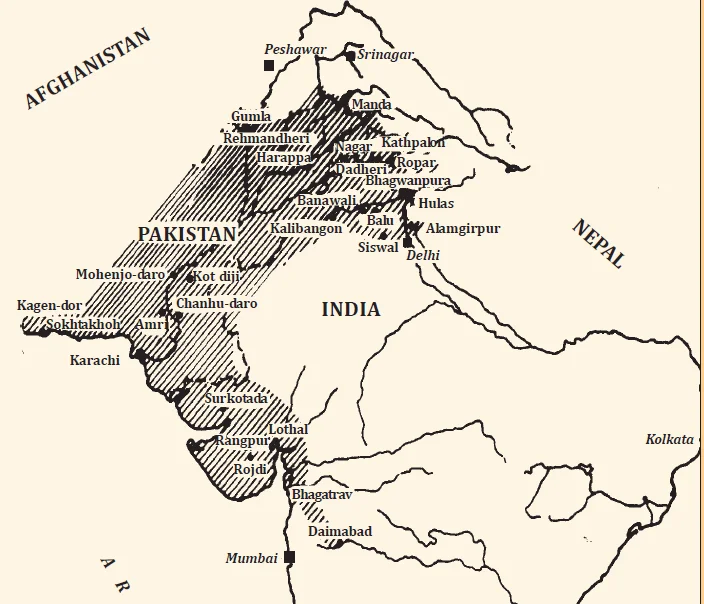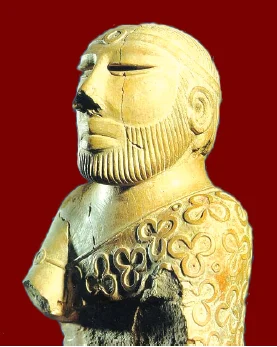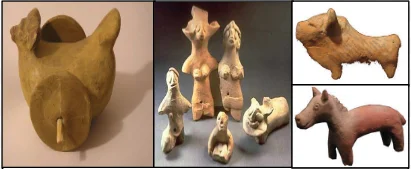![]() 22 Dec 2023
22 Dec 2023
The arts of Indus Valley Civilisation, flourishing in the second half of the third millennium BCE, reveal a rich tapestry of creativity. Across sites like Harappa and Mohenjo Daro, artists expressed their fine sensibilities and vivid imagination through sculptures, seals, pottery, jewellery, and meticulous terracotta figures.







<div class="new-fform">
</div>